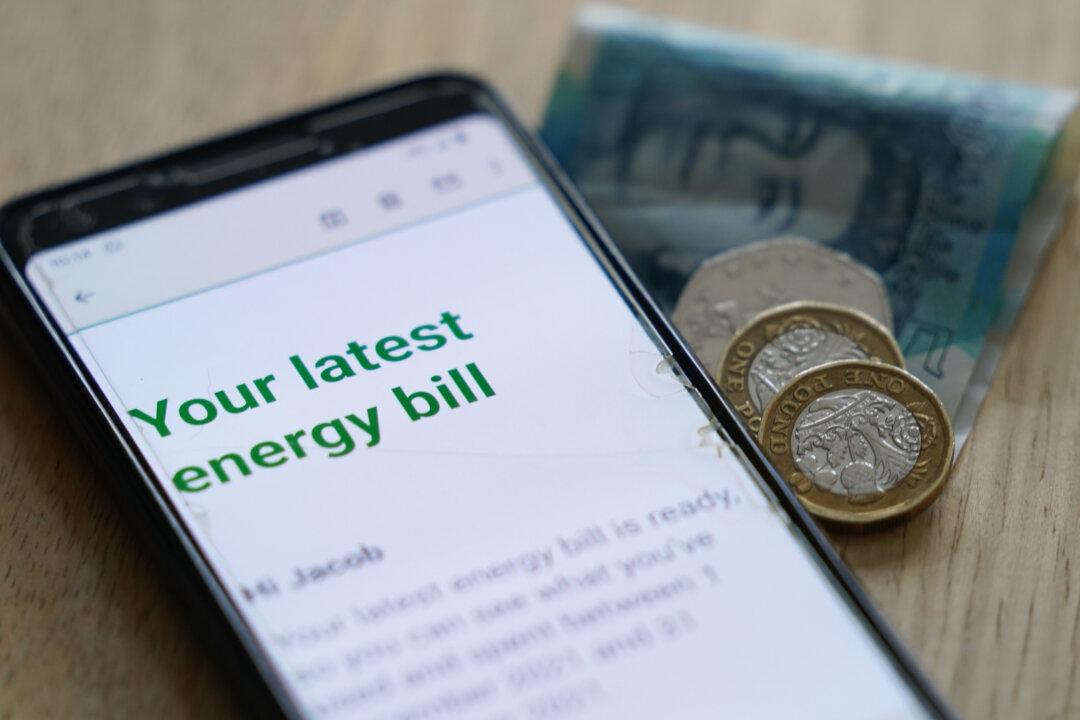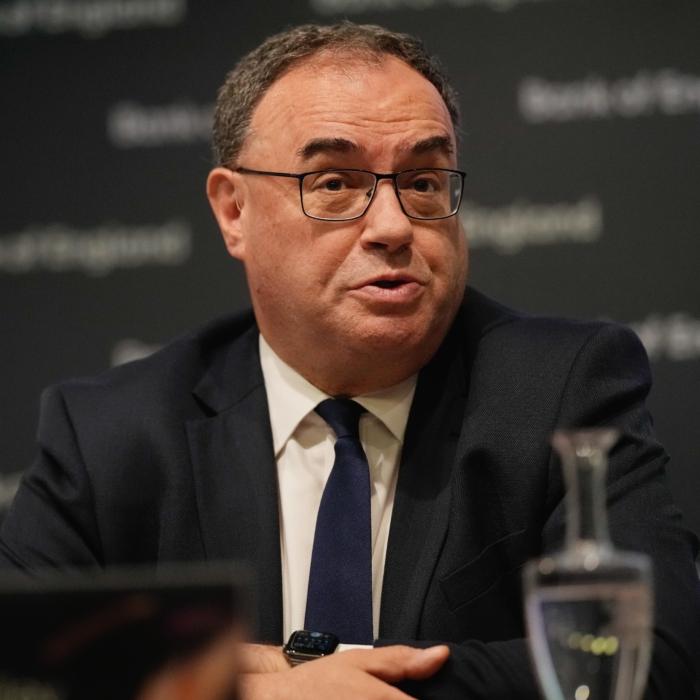The Consumer Prices Index (CPI) jumped above the Bank of England’s (BoE’s) target of 2 percent last month, up from 1.7 percent in September.
According to Office of National Statistics (ONS) data, released on Wednesday, the surge in inflation was driven by an increase in electricity and gas prices.
It follows the introduction of the energy price cap by Ofgem in October, which brought the cost of a typical annual bill to £1,717 per year, up by an extra £12 a month.
“The cost of raw materials for businesses continued to fall, once again driven by lower crude oil prices.”
Although inflation was higher than expected for the month, it sat comfortably below the all-time high of 11.1 percent in October 2022 and the 4.7 percent rate the same time last year.
Impact on Interest Rates
The rise in prices is likely to influence the BoE’s future interest rate decisions. The latest interest rate cut to 4.75 percent in November reflected “continued progress in disinflation.”However, an uptick in October may push the BoE to withhold further cuts and keep its monetary policy restrictive. The BoE expects inflation to rise again over the next year, to around 2.75 percent and then fall back to the 2 percent target.
The BoE has long stressed that high interest rates help slow down price rises and any cuts depend on inflation sustainability.
“If inflation remains low and stable it’s likely that we will reduce interest rates further. But we have to be careful not to cut interest rates too quickly or too much. High inflation has affected everyone, but it particularly hurts those who can least afford it,” the BoE said earlier this month.
Commenting on the latest inflation figures, senior economist at the Centre for Economics and Business Research (CEBR), Charlie Cornes, said the BoE will take into account the rise in core inflation and services inflation in October.
“With the Bank of England viewing these two measures as indicators of underlying price pressures, the increase in both measures in October give further evidence to CEBR’s view that the BoE will not cut rates in the December meeting.
Economists have also factored in the impact of government budgetary measures on inflation in their forecasts.
Monica George Michail, associate economist at the National Institute of Economic and Social Research said: “While we think the Bank of England will continue to cut rates in 2025, the pace of rate cuts is expected to be slower than previously anticipated, and rates may stay elevated for longer.
“This outlook reflects forecasted inflationary pressures stemming from the recently announced budget, in addition to heightened global uncertainty, particularly surrounding the Trump presidency.”







